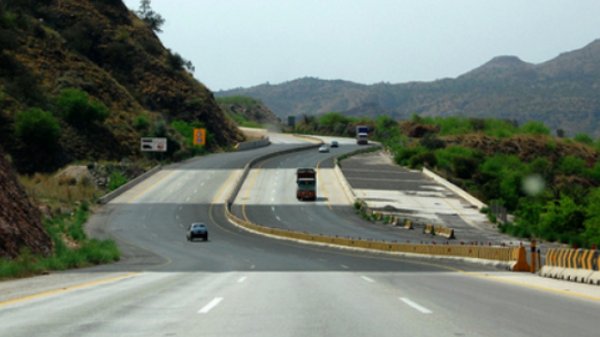Pakistan faces a credibility gap in attracting international climate finance, as revealed by the Dubai leaks showing significant investments in UAE real estate rather than in Pakistan.
The real estate sector, while a major contributor to environmental and economic harm, also holds potential for growth, development, and climate action due to its extensive linkages with various industries. Transforming the sector through reforms could serve as Pakistan’s pathway to accessing international climate investments.
The real estate sector’s negative impacts extend beyond financial concerns, encompassing environmental degradation and increased vulnerability to climate disasters. Horizontal urban expansion, fueled by land speculation and inefficient land use, exacerbates dependence on fossil fuels and worsens air pollution. Successive governments and institutions have supported this trend, prioritizing short-term gains over long-term sustainability.
However, the real estate sector also presents opportunities for climate resilience. By prioritizing vertical growth and sustainable development practices, Pakistan can mitigate environmental degradation and reduce vulnerability to climate change.
The absence of comprehensive national and provincial policies, coupled with the lack of local government institutions and land-use planning mechanisms, exacerbates the challenges faced by Pakistan’s real estate sector. Housing societies often compromise future resilience by adopting outdated engineering designs and construction practices, often on fertile agricultural lands or flood-prone areas.
The real estate sector, estimated at $1.5 trillion and largely unregulated, plays a significant role in Pakistan’s informal economy. A substantial portion of remittances from overseas Pakistanis is invested in real estate, highlighting its importance. Aligning the sector with national climate resilience and low-carbon development objectives presents an opportunity to attract international investments.
With population growth and urbanization driving demand for housing, the construction industry faces increasing pressure. As Pakistan requires millions of housing units in the coming decades, the sector’s carbon emissions are a significant concern. Globally, the real estate sector accounts for nearly 40% of carbon emissions and plays a crucial role in meeting climate goals.
Climate change poses risks to homeowners, particularly the vulnerable, necessitating collaboration between the government and real estate developers to implement solutions. Engaging communities and the private sector in mapping climate vulnerabilities is essential for informed decision-making.
To adapt to climate threats, Pakistani real estate companies can adopt global best practices and partner with international firms to understand and mitigate physical and transition risks. This includes improving flood defences, developing disaster response plans, and promoting climate-resilient building designs.
The real estate sector’s role in reducing national climate vulnerability requires the adoption of climate-smart strategies across the design, construction, and management of buildings and infrastructure.
Coordinated efforts involving stakeholders from the industry, government, and communities are essential, necessitating the establishment of a task force led by the prime minister to articulate the country’s vision and engage with global partners for resilient development.










